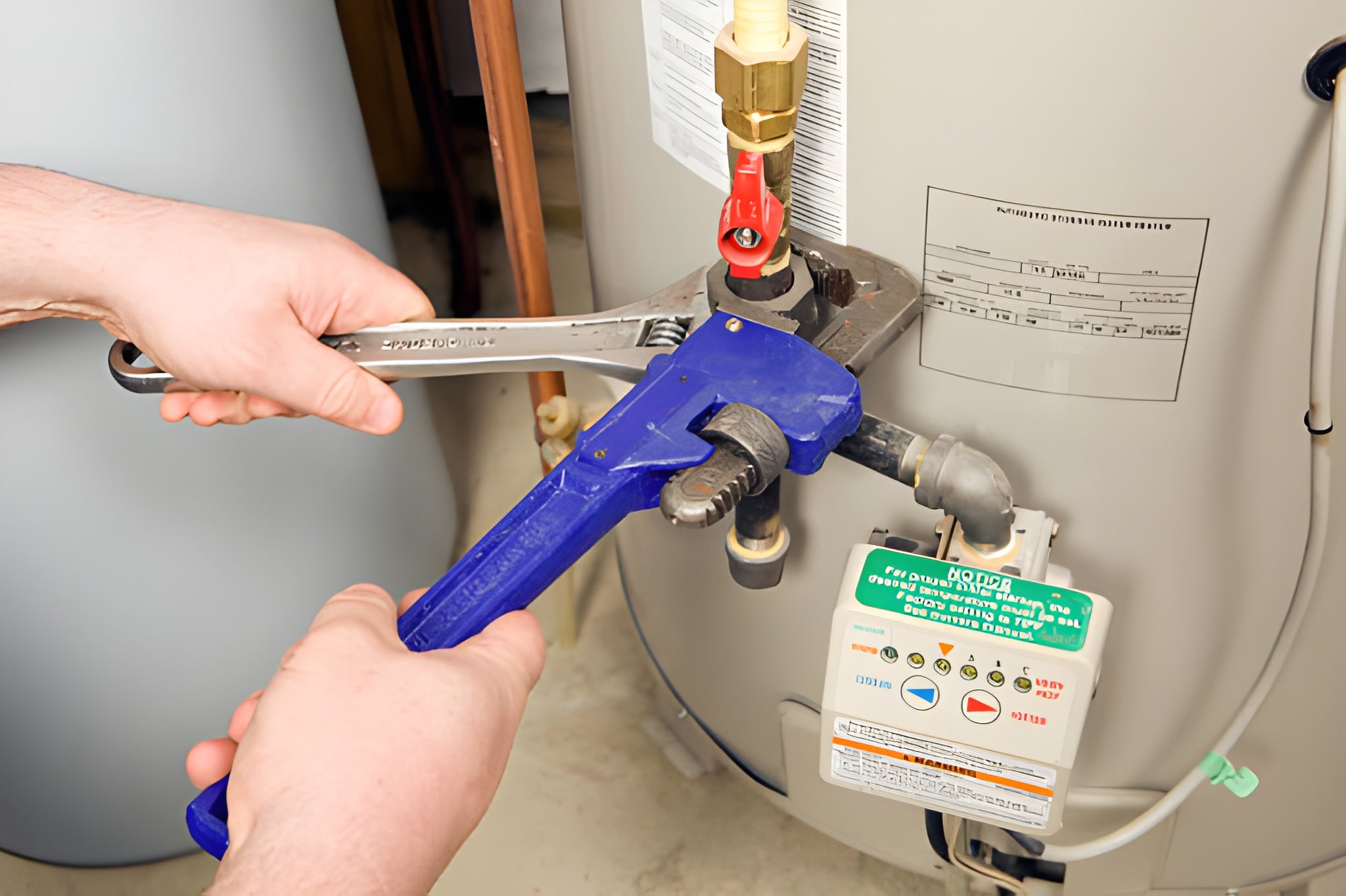Heating Maintenance and Repair in Kirkland, WA
Heating Maintenance and Repair in Kirkland, WA
Keeping your home warm, safe, and energy efficient during Kirkland winters means proactive heating maintenance and fast, reliable repairs when something goes wrong. Whether you have a high-efficiency furnace, a ducted or ductless heat pump, or an older boiler system, combined maintenance and repair services reduce the risk of uncomfortable breakdowns, costly energy waste, and safety hazards.
Why local conditions in Kirkland matter
Kirkland’s mild but wet climate means heating systems run differently than in drier regions. Frequent on/off cycles, coastal humidity, and seasonal temperature swings increase strain on heat pumps and furnaces. Proximity to Lake Washington can contribute to higher ambient moisture and occasional corrosion on outdoor units, while many older Kirkland homes still rely on boilers or radiant systems that need specific attention. Regular, region-aware maintenance extends system life and helps maintain comfort without big surprises.
Routine inspection checklist
A thorough maintenance visit follows a standardized checklist to catch issues early and optimize efficiency. Typical items include:
- Visual safety inspection: check for gas leaks, cracked heat exchangers, and proper venting.
- Filter and airflow assessment: replace or clean filters, inspect ductwork for blockages, check blower wheel and motor performance.
- Combustion system check (furnaces/boilers): inspect ignition system, pilot assembly or electronic ignitor, flame pattern, and combustion gas venting.
- Heat pump-specific checks: measure refrigerant charge, inspect outdoor coil and fan, test reversing valve and defrost cycle.
- Electrical and control evaluation: tighten connections, inspect the control board, test thermostat calibration and zone controls.
- Heat distribution checks: verify radiators, baseboards, or registers are operating correctly; bleed radiators if needed.
- Drainage and condensate: ensure condensate lines and pans are clear and condensate pumps function properly.
- Safety device testing: carbon monoxide detectors, limit switches, pressure relief valves, and emergency shutoffs.
Common repair scenarios in Kirkland homes
Understanding typical failures helps prioritize repairs and replacements before they escalate.
- No heat or intermittent heat: often caused by ignition failures, clogged burners, or faulty thermostats.
- Short cycling and frequent start/stop: common with dirty filters, incorrect airflow, or oversized equipment.
- Heat pump not heating effectively: low refrigerant, failing reversing valve, compressor issues, or iced-over outdoor coils after prolonged wet weather.
- Strange noises: belt wear, failing bearings in blower motors, or expansion/contraction in ductwork and piping.
- Uneven heating or cold spots: stuck zone valves, blocked ducts, or leaking refrigerant in ductless systems.
- Pilot light or combustion odors: deteriorated flue seals, vent blockages, or cracked heat exchangers—safety-first repairs required.
- Water leaks around boilers or furnaces: corroded fittings, failed valves, or condensate blockages.
Diagnostic and repair workflow
A clear, methodical approach leads to accurate diagnoses and durable repairs.
- Safety triage: perform immediate hazard checks (gas, CO, electrical) and isolate unsafe equipment.
- System scan and history review: record make/model, service history, and homeowner symptoms.
- Targeted testing: use combustion analyzers, multimeters, refrigerant gauges, and airflow meters to identify root cause.
- Parts evaluation and repair plan: determine which parts are repairable vs replacement, and outline work required.
- Repair and calibration: replace worn components, correct refrigerant charge, recalibrate controls and thermostats, and balance airflow.
- Post-repair verification: test under load, confirm consistent operation, and recheck safety systems and vents.
- Documentation: provide a maintenance record of work performed, parts used, and recommended follow-up intervals.
Emergency response and safety protocol
Heating failures can create urgent comfort and safety risks during cold snaps. Effective emergency response includes:
- 24/7 availability for urgent heating failures and suspected gas or CO events.
- Immediate remote triage advice for homeowners: safe shutdown procedures, ventilation steps, and detector checks.
- Rapid on-site diagnostics prioritized by safety and severity: gas leaks and CO alarms are addressed before noncritical comfort issues.
- Temporary measures: safe temporary heating solutions, duct patching, or bypasses when full repairs require parts.
- Technicians carry calibration tools, safety gear, and common emergency parts to restore safe operation quickly and reliably.
Service agreement perks for Kirkland homeowners
A formal maintenance plan tailored to your system and the local climate provides measurable benefits:
- Scheduled bi-annual visits timed for fall and spring to prepare systems for peak heating and transition seasons.
- Priority scheduling during cold snaps and storm-related service surges.
- Discounted repair labor and parts pricing, plus documented maintenance that preserves manufacturer warranties.
- Detailed service records that help predict end-of-life timing and support efficient replacement planning.
- Seasonal tune-ups focused on heat pump defrost cycles and corrosion protection for outdoor units near the lake.
Tips to prevent breakdowns in Kirkland, WA
Simple homeowner practices reduce emergency repairs and improve efficiency:
- Replace or clean filters monthly during heavy-use months; restrictive filters are the single biggest cause of short cycling.
- Keep outdoor heat pump units clear of debris, leaves, and snow; trim back vegetation to allow full airflow.
- Insulate exposed pipes and zone lines in unheated crawlspaces to prevent freezing during cold snaps.
- Bleed radiators and test zone valves annually in older homes with hydronic systems.
- Test thermostats and consider programmable or smart thermostats to reduce unnecessary cycling.
- Schedule professional maintenance before the heating season and again in early spring to address moisture-related issues.
- Install and maintain carbon monoxide detectors near sleeping areas and furnace rooms.
Heating maintenance and repair in Kirkland, WA require both technical skill and local knowledge of Pacific Northwest conditions. Regular inspections, timely repairs, and a service agreement designed for Kirkland’s climate keep systems running safely, efficiently, and reliably. With routine care—especially for heat pumps and older boiler systems—you reduce the risk of emergency outages, improve comfort, and extend equipment life while protecting your home and family from safety hazards.

Customer Testimonials
Service Areas



